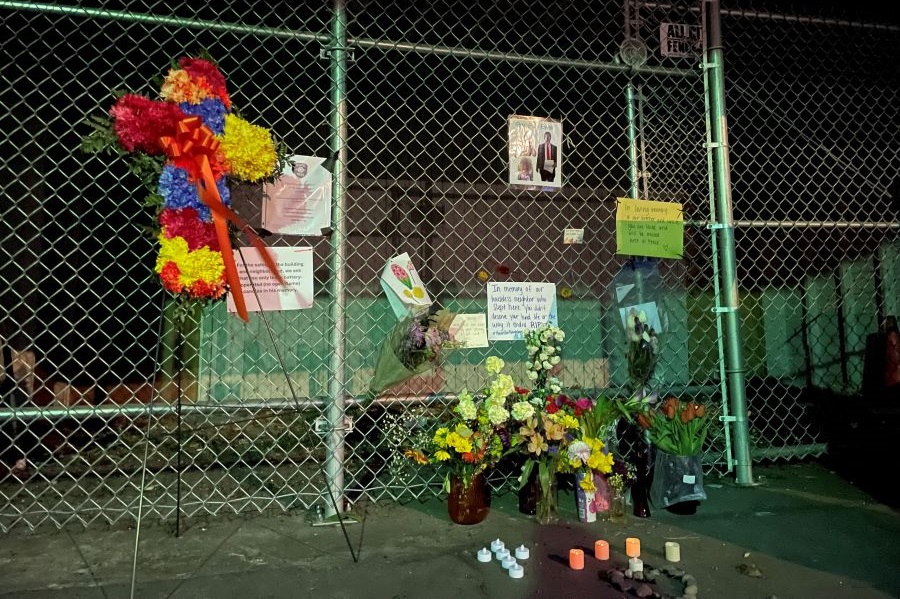In Memory of Paul Ewell and Daravuth Van
This blog post was written by Robby White, United Way manager of data, information services, and business intelligence.
First Hill is a quintessential part of Seattle and a place I’ve been proud to call home for more than a decade. So, I shared in the community’s shock and sadness when news broke that our neighbor Paul Ewell, who had camped for years two blocks from my apartment, was violently murdered overnight on February 10th.
In the following days, an impromptu memorial for Ewell sprang up. The neighborhood remembered him with pictures, flowers, wishes for peace, and regrets over our collective failure to keep him safe.
For me, that regret intensified as I learned about more attacks in the following days—twice, a driver attempted to run over people sleeping outside, injuring someone on 19th Ave E. It deepened further after learning about the brutal murder of Daravuth Van as he slept in front of Town Hall Seattle, blocks from the site of Ewell’s attack, the night of February 22nd.
This week, more details about Van’s murder were released after Seattle Police Department made an arrest in the case. While the story is still emerging, the details suggest Van was targeted specifically because he was unhoused. It was especially chilling to learn that the arrested suspect also lived two blocks from my apartment and could have called both Ewell and Van neighbors.
The memory of Paul Ewell and Daravuth Van points to something we can’t lose sight of: When we dehumanize unhoused people, the stakes are literally life and death. The memorial is a call to action—we cannot afford to continue this way. We must use our grief as a reminder of our sacred duty to each other.
When we say that everyone in King County deserves a home, it’s not only in recognition of the wide array of dangers faced by unhoused people. That ideal comes from deeper values, like a commitment to human dignity. There are many forms of need—but one of the most basic is being seen. This is the insight behind the old observation that when you can’t share a dime you can still share your time. Even when your capacity to change circumstances is limited, affirming the humanity of all people is still worthwhile.
The memory of Paul Ewell and Daravuth Van points to something we can’t lose sight of: When we dehumanize unhoused people, the stakes are literally life and death.
Robby White, United Way manager of data, information services, and business intelligence
Perhaps because the level of need in our community is so extreme, we tend to use extreme language when we discuss homelessness. But behind the headline key words “crisis” and “addiction” and underneath debates about “visibility” is a lived reality, experienced by human beings who have inherent value. That may sound trite, but it’s become a vital reminder as we now confront the possibility of dehumanizing rhetoric reaching its logical endpoint.
We know there’s a critical lack of shelter space for those currently unhoused. We know the lack of affordable housing pushes people out. We know addressing those issues will take a great concentration of resources from across the community, and that’s work we’re committed to.
While we work on changing those circumstances, we must remind ourselves of something else we know: We all share a fundamental humanity and dignity, no matter where we sleep or live. Losing sight of that value has grave consequences.
Murders of unhoused people are not isolated events. They exist at one end of a spectrum that also includes anti-homeless policy like bans on sleeping outside and rhetoric that blames unhoused people.
When we affirm the humanity of our unhoused neighbors, we disrupt that way of thinking. We see each other. And we make greater strides toward a just community.


Comments